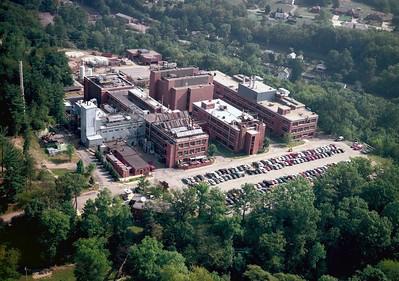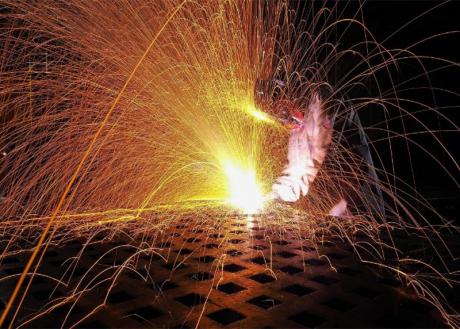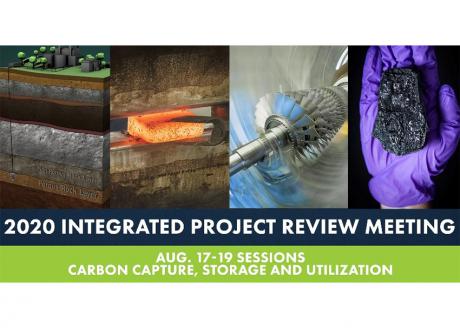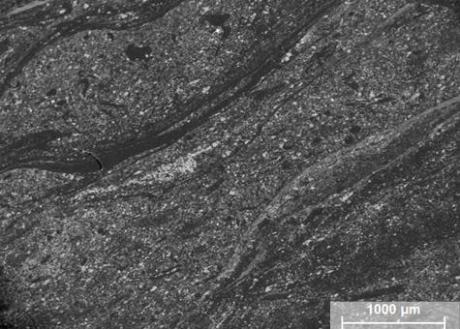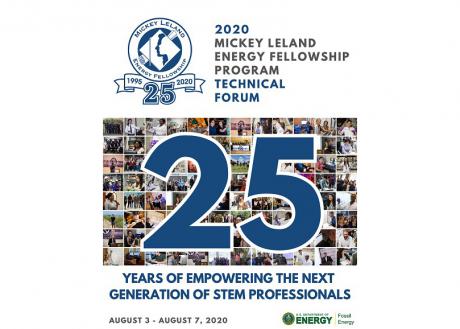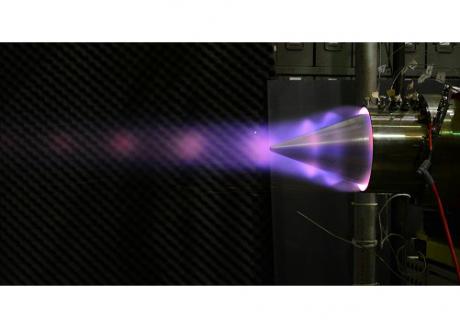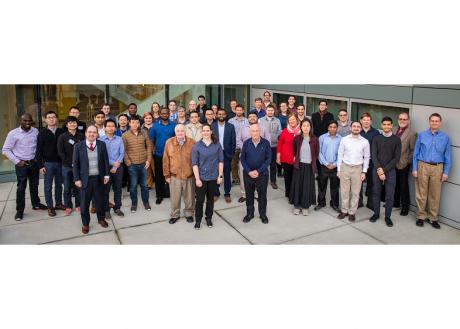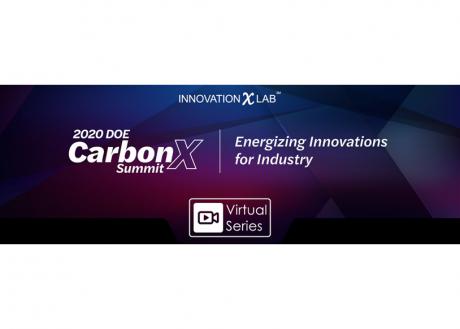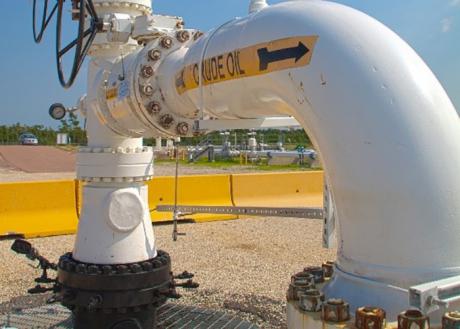Oil and gas producers will benefit from NETL’s aptitude as its researchers share their expertise regarding water and the Marcellus Shale during the upcoming Pennsylvania Independent Oil and Gas Association (PIOGA) Waste and Water Technical Session.
Scheduled for Aug. 19, the Water and Waste Management Training Session comes as part of PIOGA’s Technical Seminar Series which will be held in a virtual format due to COVID-19.
NETL’s presentations will provide attendees with information that can improve the outcomes of their production operations.
The U.S. Department of Energy’s (DOE) Office of Fossil Energy (FE), NETL and the Appalachian Regional Commission (ARC) are partnering through an interagency agreement that establishes a job-training program to help create a high-tech workforce with advanced welding skills to install and service superalloy components in next-generation fossil-fueled power plants and meet the demand for welders with similar skills in the automotive and aerospace industries.
The 2020 Virtual Integrated Project Review Meeting, a series of free virtual sessions organized by the U.S. Department of Energy (DOE) and NETL, will begin Monday, Aug. 17, with CCUS Integrated Projects, a three-day conference on carbon capture, utilization and storage (CCUS), and will continue into the fall with sessions highlighting technologies for efficient and cleaner uses of fossil energy resources and value-added products.
In an NETL-supported project with Virginia Tech, researchers developed a safe and efficient processing technology that can extract and concentrate rare earth elements (REE) from coal refuse material already found throughout the Appalachian region, namely in shales and clays. The new process opens the door to future commercialization, as it decreases the size and cost of needed systems.
Students from all around the country demonstrated their research prowess during the Department of Energy’s 25th Mickey Leland Energy Fellowship (MLEF) summer internship program via virtual conference throughout the week of Aug. 3-7, 2020.
The U.S. Department of Energy’s (DOE) Office of Fossil Energy (FE) and NETL have selected one additional project to receive approximately $1.5 million in federal funding for cost-shared research and development under the second closing of funding opportunity announcement (FOA) DE-FOA-0002001.000001, Crosscutting Research for Coal-Fueled Power Plants.
NETL’s water-cooled Rotating Detonation Engine installed in the Lab’s High Pressure Combustion Test Facility in Morgantown, W.Va.By partnering with a host of federal agencies including NASA, NETL’s rotat
As NETL strives to address some of the world’s greatest challenges to deliver reliable and affordable energy supplies, it uses tools such as the IDAES Integrated Platform and relies on the talent and expertise of its world-class researchers.
Following up on its success and interest previously in the summer, NETL will feature top-tier researchers and industry professionals in “Downstream Opportunities and Advancements,” the second entry in the Lab’s CarbonX Virtual Series.
Scheduled for Tuesday, Aug. 4, 2020, from 2:00–3:30 p.m. ET, this webinar will highlight what happens when the best and brightest in America’s energy industries and its national laboratories focus their assets in the same direction.
A public-private research effort led by NETL with Oceanit Laboratories Inc. has produced an ultra-thin surface treatment that could significantly improve the reliability of the nation’s extensive energy pipeline network by reducing corrosion and surface friction on pipe walls.
More than 2.5 million miles of pipeline deliver natural gas and oil to homes, businesses and industries across the United States. Taking steps to ensure safety as the network ages and prevent disruptions in the flow of critical energy resources was the focus of the collaborative effort.





